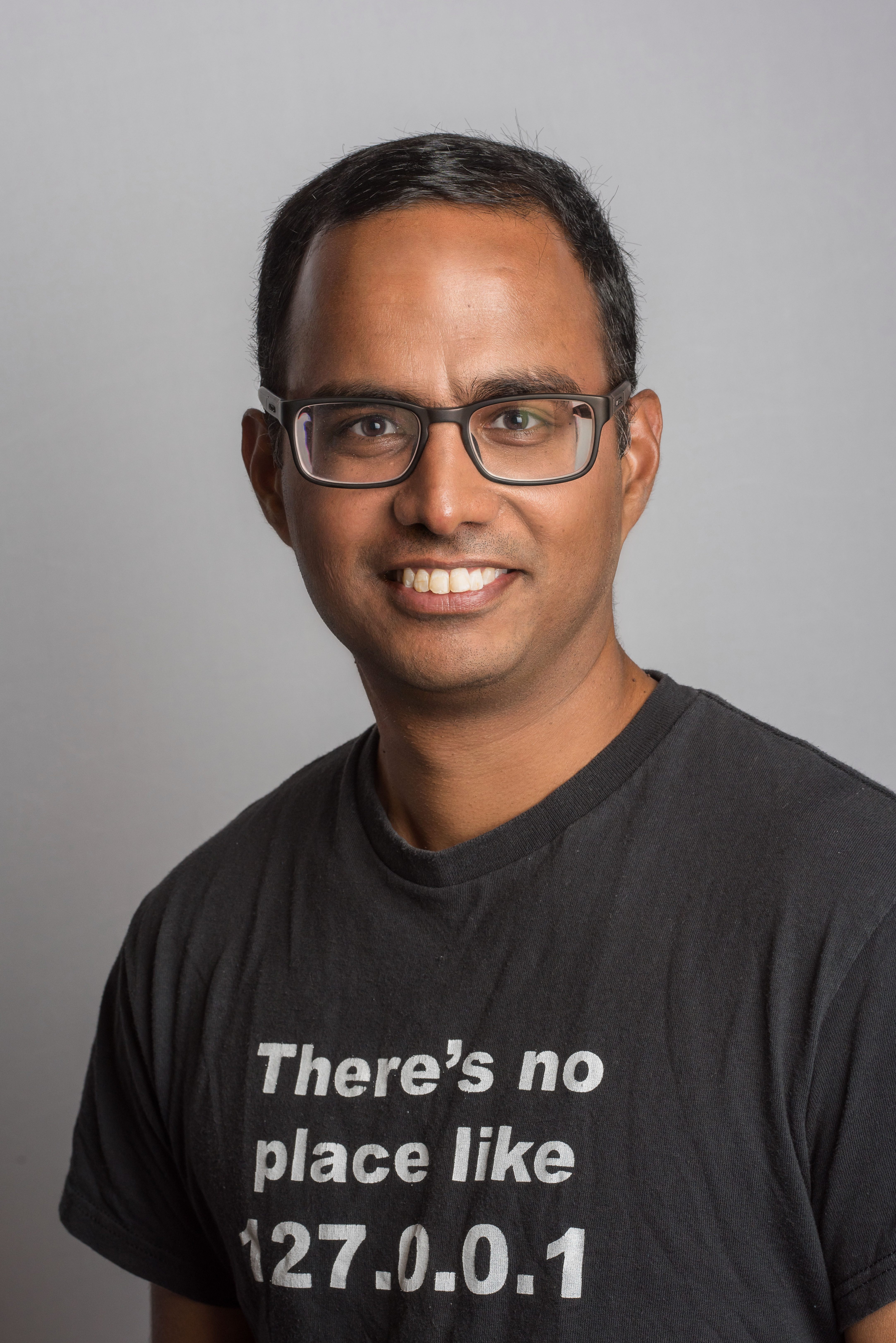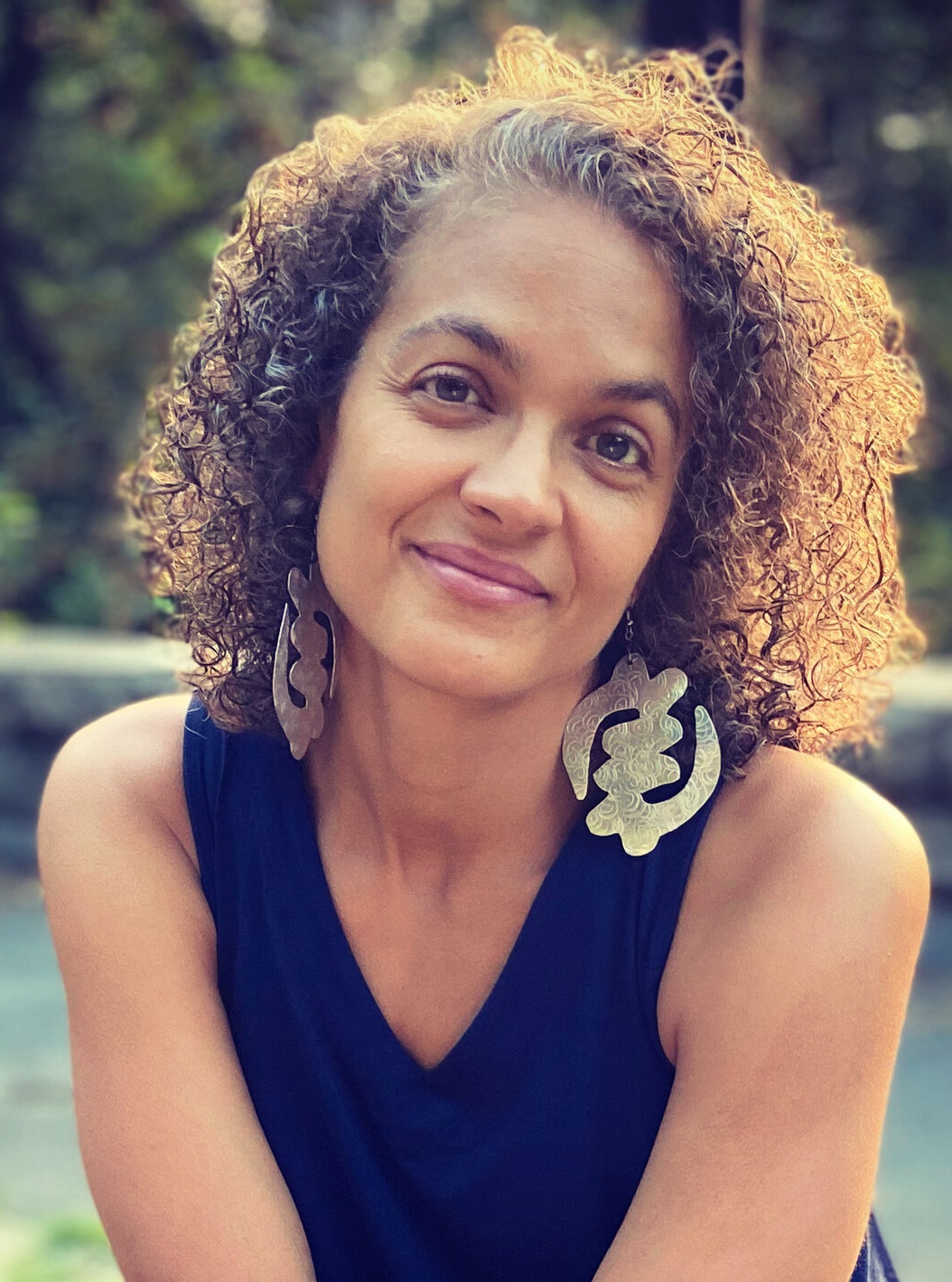ML-Soc Instructors

Dr. Atri Rudra
Dr. Rudra is interested in Theoretical Computer Science and belongs to the Algorithms and Theory group at UB. Of late I am also interested in questions at the intersection of computing and society and belong to the Computing for Social Good group at UB. Specific topics of interest include structured linear algebra (with applications in deep learning), database algorithms, theory of error-correcting codes, algorithms and society.

Dr. Kenny Joseph
Dr. Joseph is an assistant professor in the CSE Department at the University at Buffalo who works mostly with folks in the Computing for Social Good group. He has been a postdoc at the LazerLab at the Network Science Institute at Northeastern University and a fellow at Harvard’s Institute for Quantitative Social Science. Joseph completed graduate work in the Societal Computing program in the School of Computer Science at Carnegie Mellon University, where he studied under Kathleen Carley in the CASOS lab.
Other Lecturers

Dr. Dalia Antonia Caraballo Muller
Dr. Muller is an Associate Professor of Latin American and Caribbean History at the University at Buffalo. She formerly served as Associate Director of UB’s Caribbean and Latin American Studies Program (2009-2016), Director of UB’s University Honors College (2017-2020) and Associate Dean of Undergraduate Education (2017-2020). A graduate of Yale University (BA) and the University of California, Berkeley where she obtained her MA and PhD, Dr. Caraballo Muller dedicates herself to the twin (and intertwined) passions of historical research in her field and educational program development for social and planetary good. The throughline that connects her historical work and her work in education is the concept of “impossibility.” She is currently researching African and Afro-descended intellectuals in early 20th century Cuba who thought at the limits of the possible as they staked claims to rights, dignity, and equality in a world that denied their full humanity. In the classroom, Dr. Caraballo Muller invites her students to stretch their minds and think at the limits of the possible in order to dream up new futures for our ailing world and planet. Dr. Caraballo Muller is the author of Cuban Émigrés and Independence in the Nineteenth-Century Gulf World (UNC Press, 2017), a fellow of the SUNY Hispanic Leadership Institute, and founder of the Impossible Project.